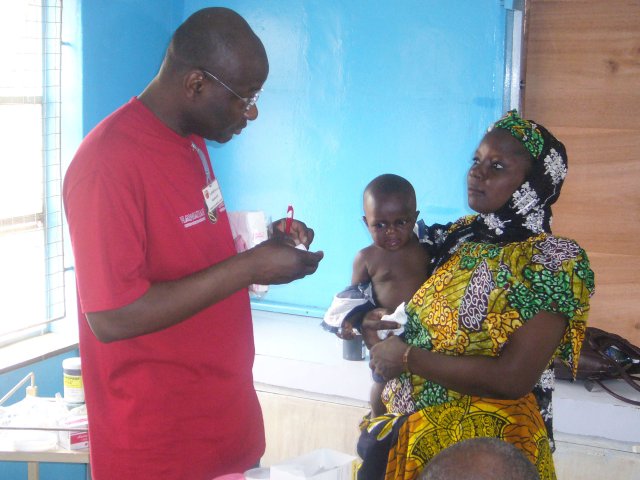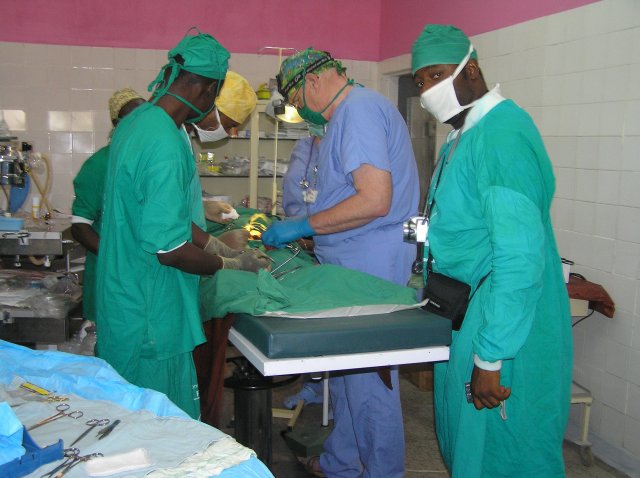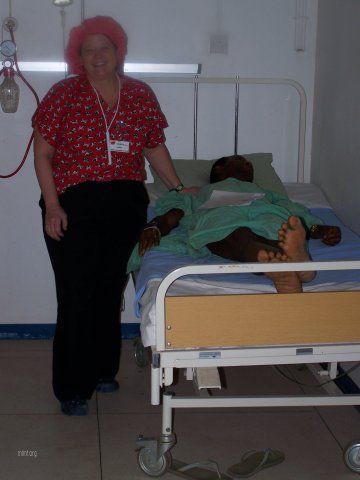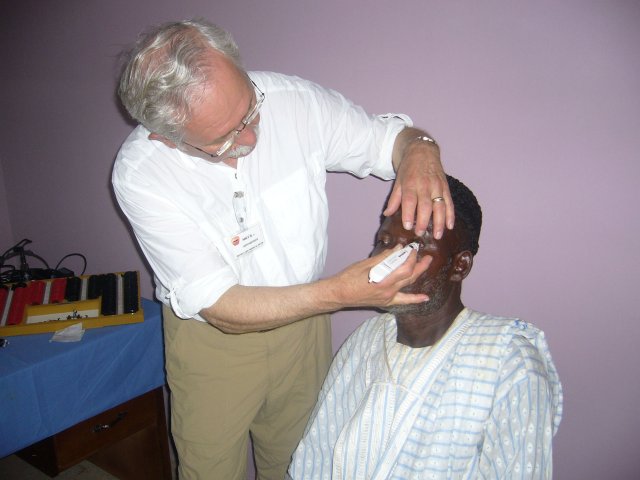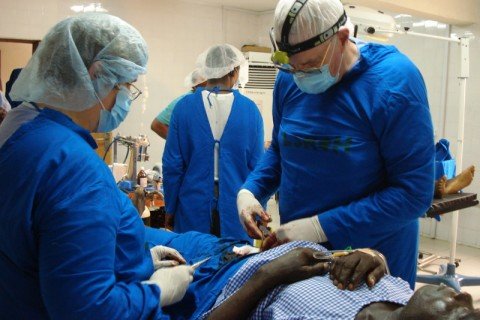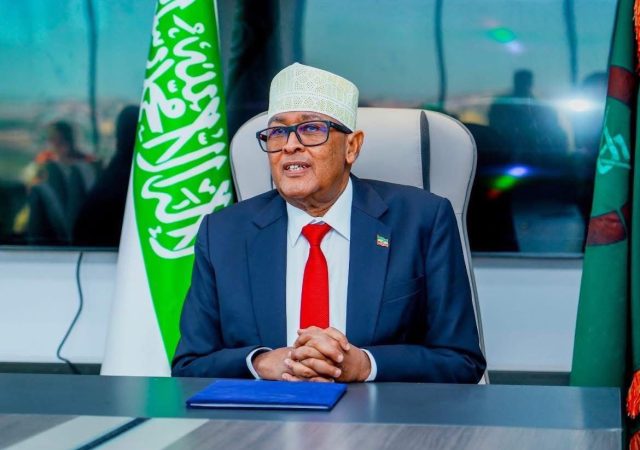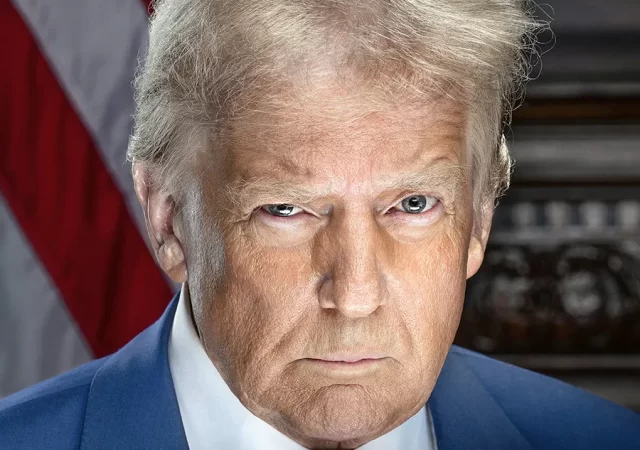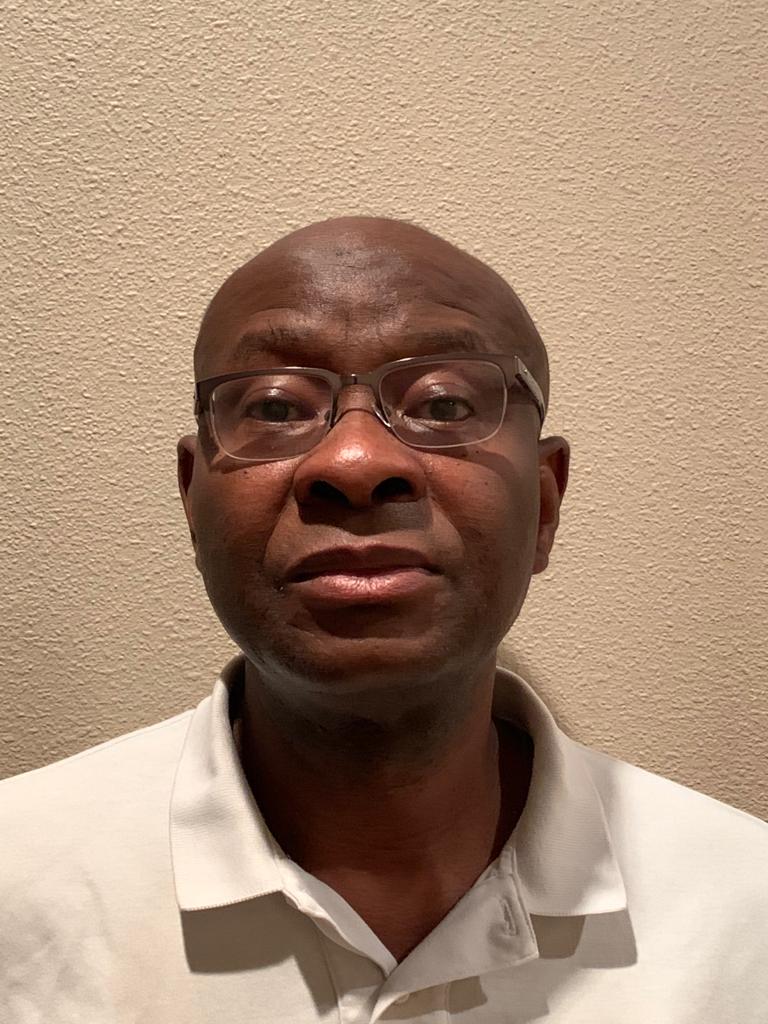
One of the unsung heroes of Africa in America is Lateef Olaniyan who holds Doctor of Pharmacy at theUniversity of Florida, Gainesville, FL. U.S.A. The Nigerian born Pharmacist founded the Moses Lake Medical Team, a 501(c) (3) nonprofit organization in 2008. Dr.Olaniyan is the owner of Southgate Pharmacy in Moses Lake and Benton Southgate Pharmacy in Prosser, both in Washington State. He has been leading Moses Lake Medical Team on free medical mission to Nigeria on a yearly basis since 2008. In each of these trips the medical personnel attended to an average of 30,000 patients, performed about 70 surgeries, dispensed over 45,000 prescriptions, and fitted about 800 patients with prescription glasses.
The mission of Moses Lake Medical Team is to provide free health care services to those patients in need at no cost either to them or their families. Since they are a medical/dental team, they do not provide food, clothing or monies to the patients and their families, instead, they provide high quality free healthcare, using the most current Standard of Care and Practice Guideline.
The Moses Lake Medical Team is funded through private contributions and donations of individuals and organizations and acts as a conduit between those with health resources and those with health needs.
Dr.Olaniyan in this interview with Sunday Oyinloye, Publisher, Green Savannah Diplomatic Cable speaks on how to address the problem of fake drugs, malnutrition and other healthcare challenges in Nigeria.
Excerpts
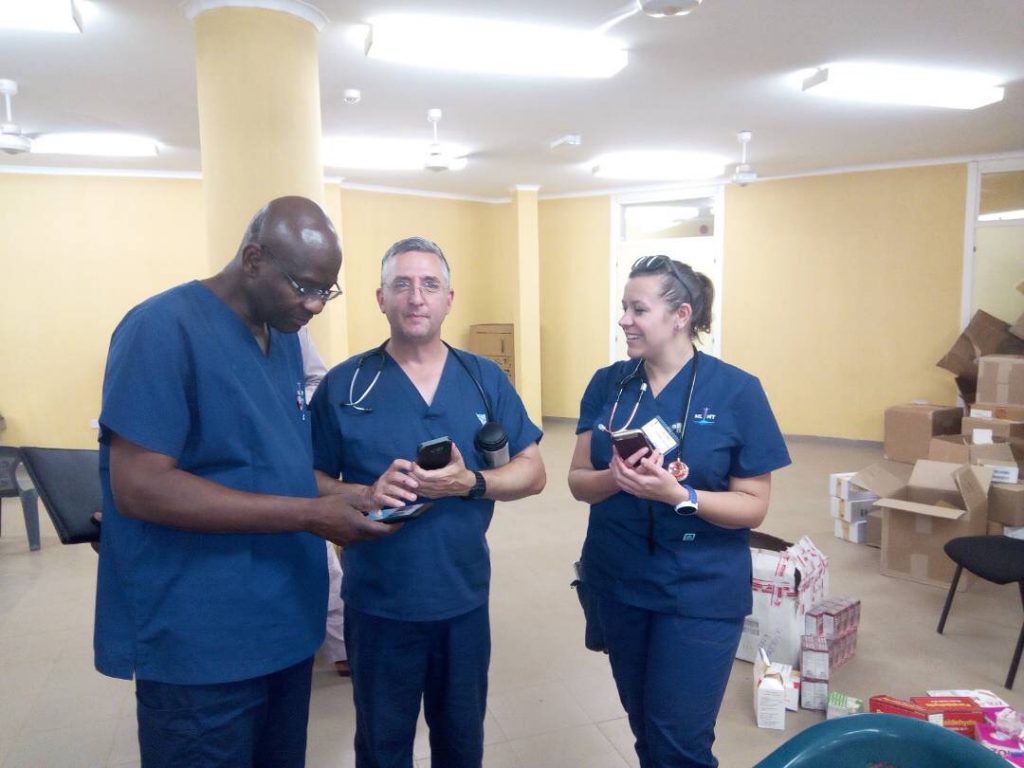
You have been leading Moses Lake Medical Team to Nigeria on free medical outreach since 2008, what has been your experience,?
Yes, you are right. I have been leading my medical team, the Moses Lake Medical Team (MLMT) to Nigeria since 2008. My experience is that most common people in Nigeria do not have adequate or proper medical services available to them. We have been to many parts of the country to provide free medical, surgical, dental, and vision services. The problem of is not unique to certain area of the country, it is a universal problem in Nigeria. On the average, we treat about 30,000 patients during the two-week period of the medical mission. Lines are always long, with some patients spending the night at the mission center so that they would have the opportunity of being treated the following day. Majority of the patients that we treat are very poor, and cannot afford to pay for the healthcare services that we provide. Our organization was specifically created to take care of such patients. We bring most of the medications and the medical/surgical supplies that we use during the mission from the United States. We hand over the unused medications to the hosts’ medical providers to use on the patients after our departure. Most Nigerians are very patient. During the mission, people are known to stand in line for several hours, waiting for their turns to be treated. However, the orderliness typically disappears on the last day of the mission when people are panicking that they may not get the chance to be treated before our departure. Overall, the exercise has been professionally rewarding. It is pleasing to know that we are able to use our skills to help our fellow human beings, regardless of any differences that may exist.
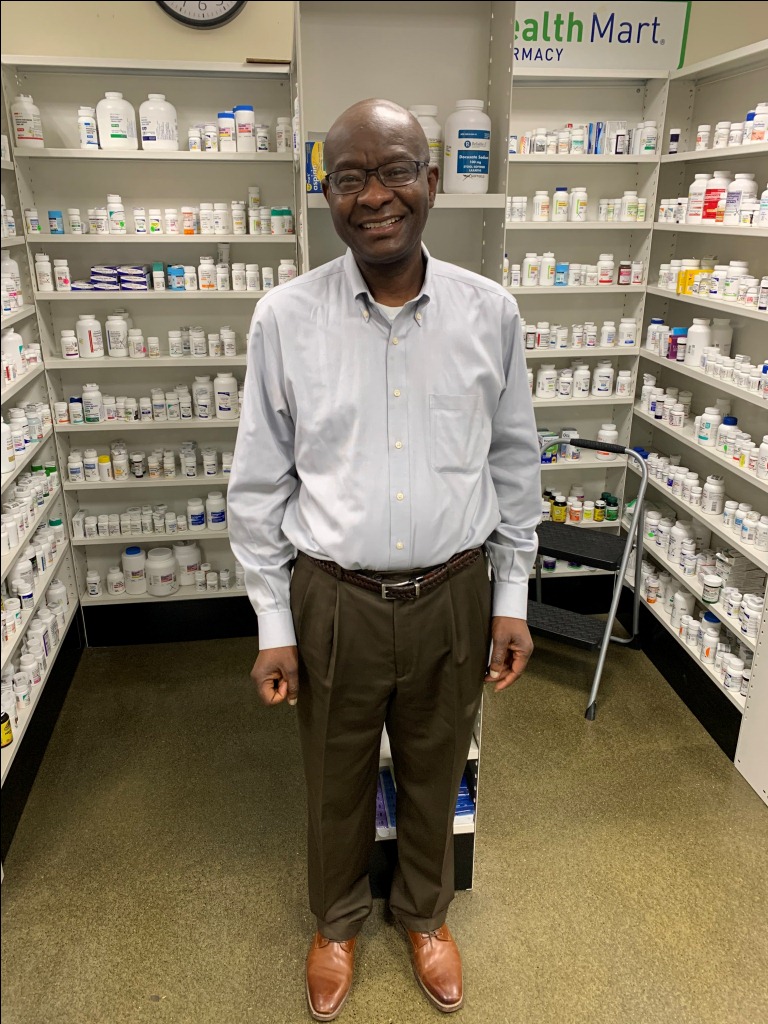
What in your opinion is wrong with the healthcare delivery system in Nigeria?
In my opinion, there are many reasons why healthcare delivery system in Nigeria is not adequate. To begin with, most Nigerians don’t have a lot of trust on the quality of the medications that are produced or distributed in the country. This is evident when we are in Nigeria for medical missions. Patients always comment that the medications that we bring from the United States are of better quality than the ones they get in Nigeria because they get better results when they take our medications. I believe that the drug regulatory body in Nigeria the NAFDAC is doing its very best to ensure that adulterated medications are not marketed in Nigeria, but some unethical manufacturers and distributors always find ways to get their substandard drug products to the market. Most clinics and hospitals in Nigeria are poorly equipped. Some healthcare facilities do not have the necessary medications to take care of their patients. In some instances, when the medications are available, the patients cannot afford to pay for them, and therefore are untreated. Some hospitals do not have the needed department or services to adequately diagnose and treat their patients. For example, some hospitals do not have a radiology department, and as so cannot perform x-rays on their patients. In such cases the patient has to be referred to another facility to get x-ray diagnostic done. If a hospital is not equipped with a laboratory or if the laboratory is not capable of performing some needed diagnostic procedures, again, the patient has to seek these services at another facility. Another problem is lack of Qualified Medical Providers in the healthcare facilities. Most providers don’t want to serve in the rural communities. They would rather be in urban areas where they and their families can have access to social and recreational amenities. Another issue is brain-drain whereby most of the Nigerians healthcare providers travel out of the country for gainful employments because they are not well paid in Nigeria.
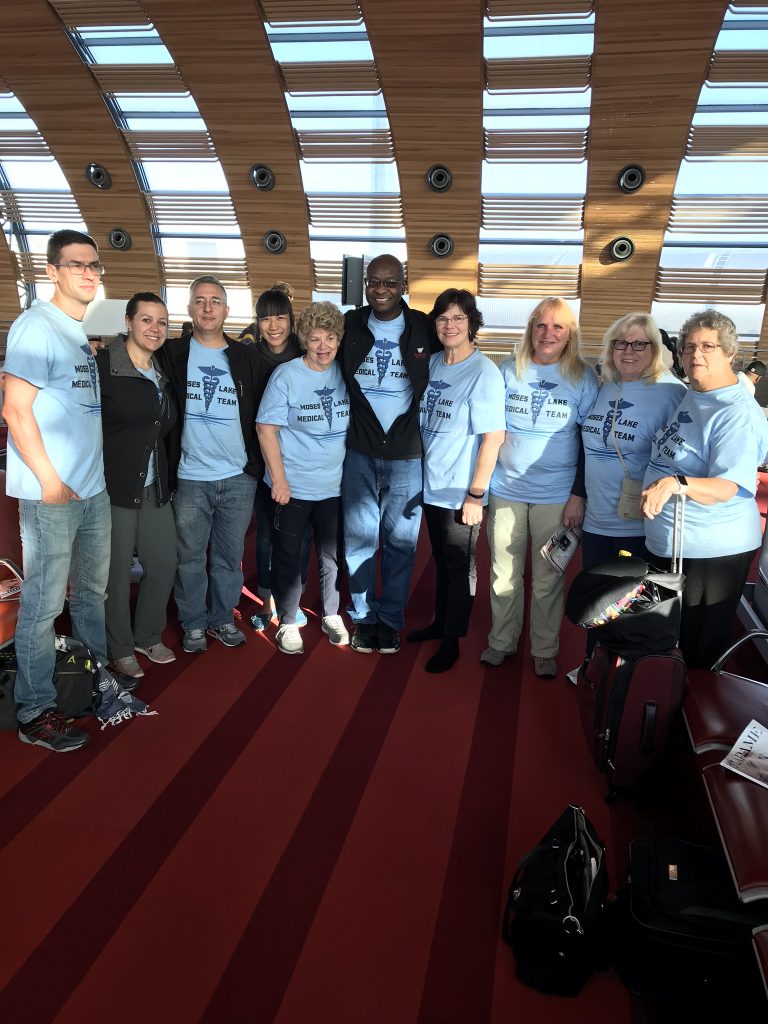
If you are asked to proffer solutions to the healthcare delivery crisis in Nigeria, what would you say?
To solve Nigeria’s healthcare delivery crisis, one needs to start from the basics. I would start by proposing that every community should have a primary healthcare facility where preventive care can be administered. Easy access to these facilities is very crucial. These facilities should be well equipped with drugs and other medical equipment. In addition to the primary health facilities, there should be secondary health facilities to where patients can be referred when the primary facilities are presented with cases that they cannot handle. The next step is to have tertiary facilities for those patients whose needs are beyond the scope of the secondary facilities. Lastly, specialized hospitals would be needed for specialized cases. All these facilities should be adequately staffed and appropriately equipped.
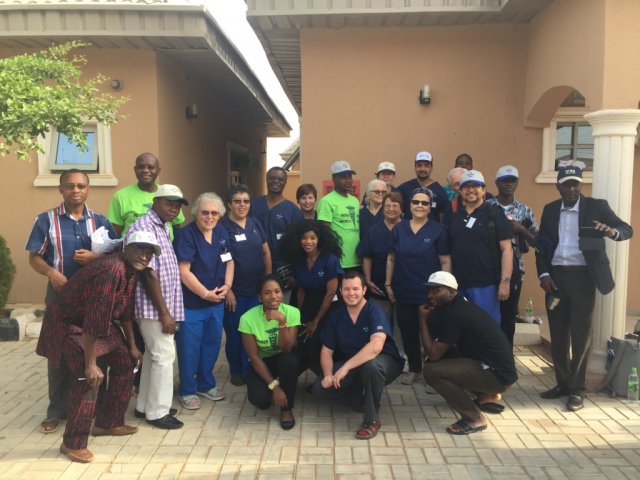
As one of the most established African medical personnel in USA, what can governments do to reduce brain drain in the continent, particularity as it relates to medical personnel?
First and foremost, the governments should compensate the medical providers well for their respective services. By so doing, they would have less incentive for wanting to travel abroad for employments. Prevailing wages should be offered to these workers. In addition, it helps if the medical providers are provided with free or subsidized housing during employment. This would help in recruiting and retaining staff members at the facility. Another thing is to invest in the medical colleges and universities so that sound education can be provided to the medical students. In this case, it won’t make sense to want to travel overseas for medical education, since similar education can be received domestically. It has been documented that most students that travel abroad for education hardly go back to their countries of origin after completing their education in the foreign countries.
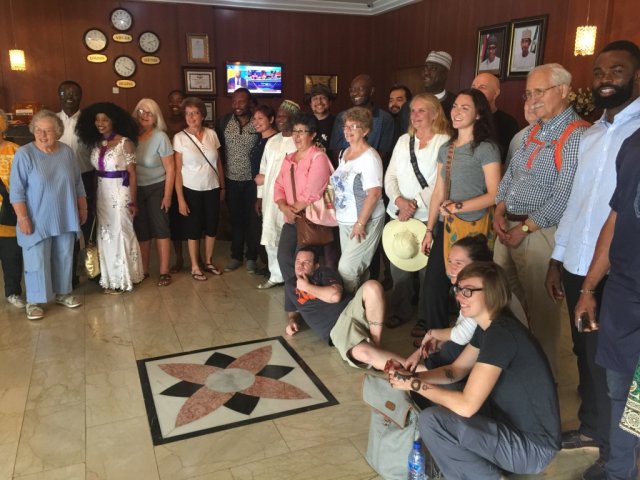
The burden of Severe Acute Malnutrition in Nigeria is very high; are you worried about it?
This is a very serious problem, especially in the rural areas, and yes, I am very worried about it. An example was a patient that presented at the clinic during one of our mission trips. This woman had twins, who were being breast fed. We noticed that one of the children was able to suck on the mother’s breast pretty well. This child was healthy looking, with no malnutrition problem. On the other hand, the other child was unable to suck well, and showed evidence of malnutrition. One our medical team staff advised the mother to switch the baby around, so that the child that could suck well and be positioned on the breast with no milk production, while the malnourished child had access to the milk-producing breast. The healthy baby was able to restore milk to the other breast, and both babies were able to be breast fed. This was a simple case of lack of maternal education on the part of this mother. It is a common knowledge that breast feeding is the best way to feed children, but this may not be feasible sometime. Also, after a certain age, breast feeding may not be sufficient to provide ample nutrition to the child. In this case, supplemental nutrition is needed. This can be provided by the family if they can afford it; otherwise, the government should find a way to help those families that cannot. Since children are the future of any society, it is important for the government to heavily invest on preventing malnutrition in children so as to provide future healthy adults. Malnutrition is not limited to the children. Adults can be malnourished as well. Adequate education on balanced diets should be provided to make sure that adults have knowledge of what to consume to be well nourished. In cases where people cannot afford to feed self well or provide enough food for the family, government should play a role in bridging the gap.
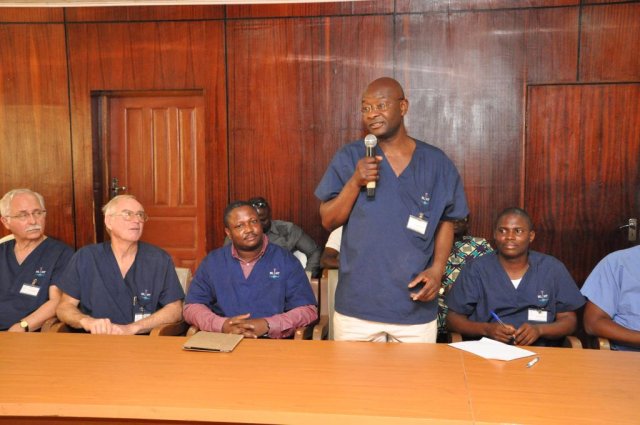
One of the greatest challenges in Nigeria is the issue of fake drugs; how can government overcome the challenge?
Controlling the circulation of fake drugs in Nigeria or in any country is very important. This activity can be challenging. However, the first thing that the government should do is to make sure that all drugs manufactured in the country are done so by registered and licensed manufacturers. Before issuing a facility a license to manufacture drugs, that company should have met very stringent requirements set by the government. Also, any organization involved in the manufacturing of fake drugs should have its facility shut down, and the principals of the company fined and jailed. Fake drugs are neither safe nor effective, and can cause detrimental effect, including death, on patients who take them. In addition, imported drugs should be monitored to make sure that they are from authentic sources. Government should encourage the public to notify the authority if there is any suspicious activities’ relating to fake drugs. Also, the public should be educated on how to detect fake drugs, so that they do not take them. If the public refuses to patronize fake drugs, marketers, the manufacturers and the distributors of such drugs would not have any incentive to manufacture and market them. For this to work however, government should avail access to affordable genuine medications.
